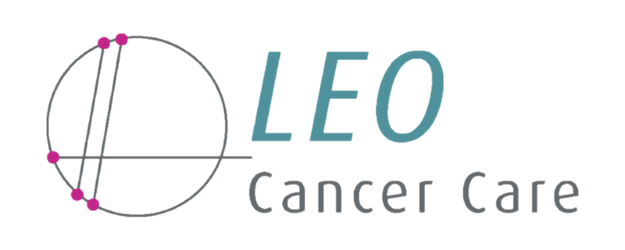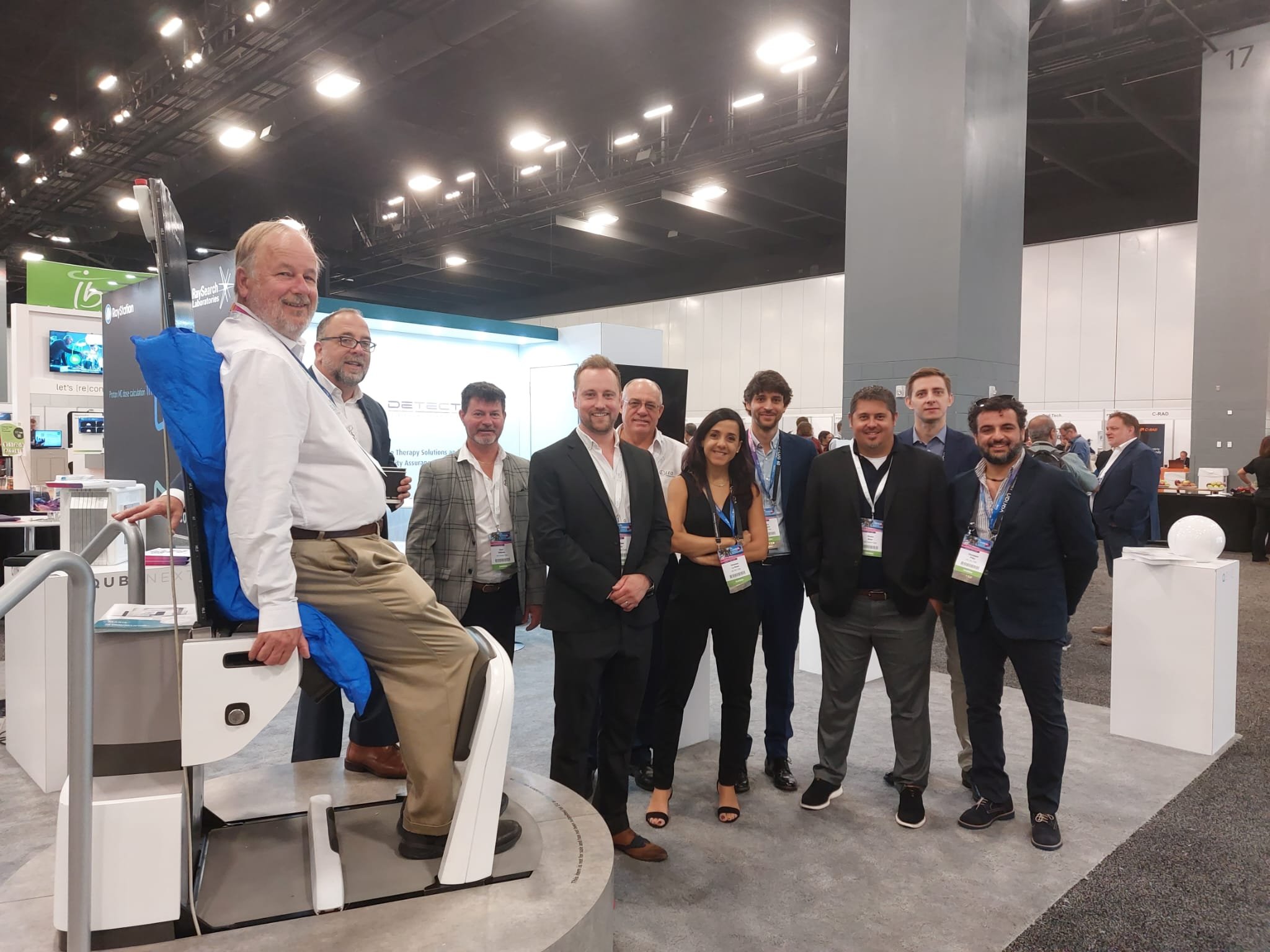Niek Schreuder's, PTCOG 60 Review
The PTCOG 60 meeting took place in Miami between June 27th and July 1st, 2022. The meeting was the first in-person meeting since the 2019 meeting in Manchester, UK. Two hundred and fifty people registered for the educational sessions on June 27 and 28th while more than 700 registered for the scientific sessions. Considering that due to Covid travel restrictions, almost nobody from China could attend, this was a really good turnout.
Many scientific papers dealt with FLASH radiation leading to the notion that FLASH is real and will now require significant intellectual, technical, and financial resources for the next development phases and more specifically to study potential long-term complications. Many technological developments were required and implemented by vendors to enable FLASH treatments, mostly to animals.
Even if FLASH takes a long time to become a clinical reality, these developments will allow for faster delivery of normal fractionated treatments leading to improved patient throughput and advancements in motion management. Important developments in artificial intelligence supported by developments in image guidance technologies are now generating a new stimulus in real-time adaptive proton therapy. Another new initiative in particle therapy is the clinical realization of particle ARC therapy.
The clinical benefits of proton therapy in terms of reduced side effects are also very well documented and supported by many clinical trials and patient-reported outcomes. The very high total project costs of traditional proton therapy systems are still casting doubts over the financial feasibility and cost justifications of these proton therapy centers. New initiatives that reduce the total project costs of proton therapy e.g., utilizing existing radiation therapy infrastructure are being well received.
Leo Cancer Care had its upright patient positioning system on display at PTCOG and once again attracted a lot of interest during exhibition hours. Numerous clinicians stopped by the Leo Cancer Care booth to test out the upright positioner with an overwhelmingly positive experience. The comfort level of the patient in the upright immobilized position is the main eye-opener for most, while the cost reduction aspects are almost self-evident.
Leo Cancer Care and Detector team on their booth at PTCOG 60 2022 in Miami
The Leo Cancer Care and Detector booth at PTCOG 60 with lots of visitors
Proton therapy in the upright position using a fixed beamline and Leo Cancer Care’s MARIE™ system, i.e. the upright patient positioning system and the upright DECT scanner, provides a cost-effective solution to all the above-mentioned hot topics in particle therapy. FLASH and ARC beam deliveries will be best done in fixed beamlines, while AI technologies supplement the Leo Cancer Care upright DECT scans.
We are now looking ahead to ASTRO in San Antonio this October, where we can’t wait to see more of you face-to-face.
This article was written by Niek Schreuder, Chief Scientific Officer at Leo Cancer Care.


